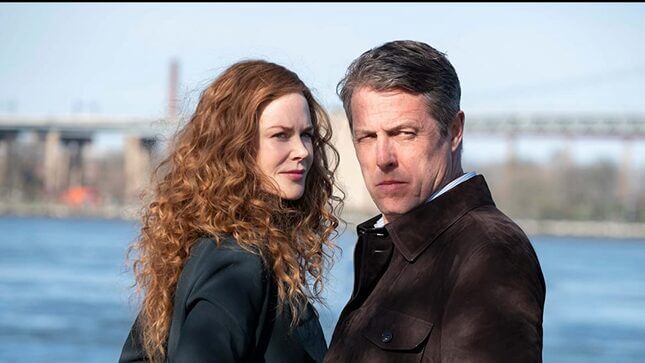It Doesn't Take an Expensive Psychologist to Figure Out Why I Enjoyed The Undoing
Entertainment

I watched the bulk of The Undoing, David Kelley’s latest high-gloss thriller for the one percent, over the course of one evening, embedded in the sofa, riveted by the cliffhangers, the drama, the interiors, and the story itself. Essentially Big Little Lies, but set in New York City instead of Monterey Bay, The Undoing is a schlocky, high-budget thriller, an anxiety-laden romp, and the perfect vessel for the bulk of 2020’s ambient, jittering neuroses.
The plot is thin, full of holes, and brimming with inconsistencies, but that is part of the fun. Grace Fraser (a tremulous Nicole Kidman) is not sure of the truth: Her husband, Johnathan (Hugh Grant) may have murdered his lover Elena Alves (Matilda De Angelis). The Fraser’s child, Henry, is extremely well-adjusted given the amount of trauma he experiences over the course of the show; perhaps he has something to do with the murder, but really, who’s to say? Much like Big Little Lies, another David Kelley show, The Undoing focuses on the inner lives of the outrageously wealthy, operating under the theory that if gruesome murder happens to rich people, it is somehow more interesting. Figuring out who killed Elena Alves is a journey the viewer undertakes alongside Nicole Kidman, whose confusion, hurt, and betrayal flickers across her immovable face in jarring close-up shots. Her anxiety, which is arguably justified in this scenario, is reflected in shots of her panicked eyeballs and tear-stained face as she, over the course of six hours, figures out for herself whether or not the man she loved is capable of murder.
-

-

-

-

-

-

-

-

-

-

-

-

-

-

-

-

-

-

-

-

-

-

-

-

-

-

-

-

-

-

-

-

-

-

-

-

-

-

-

-








































